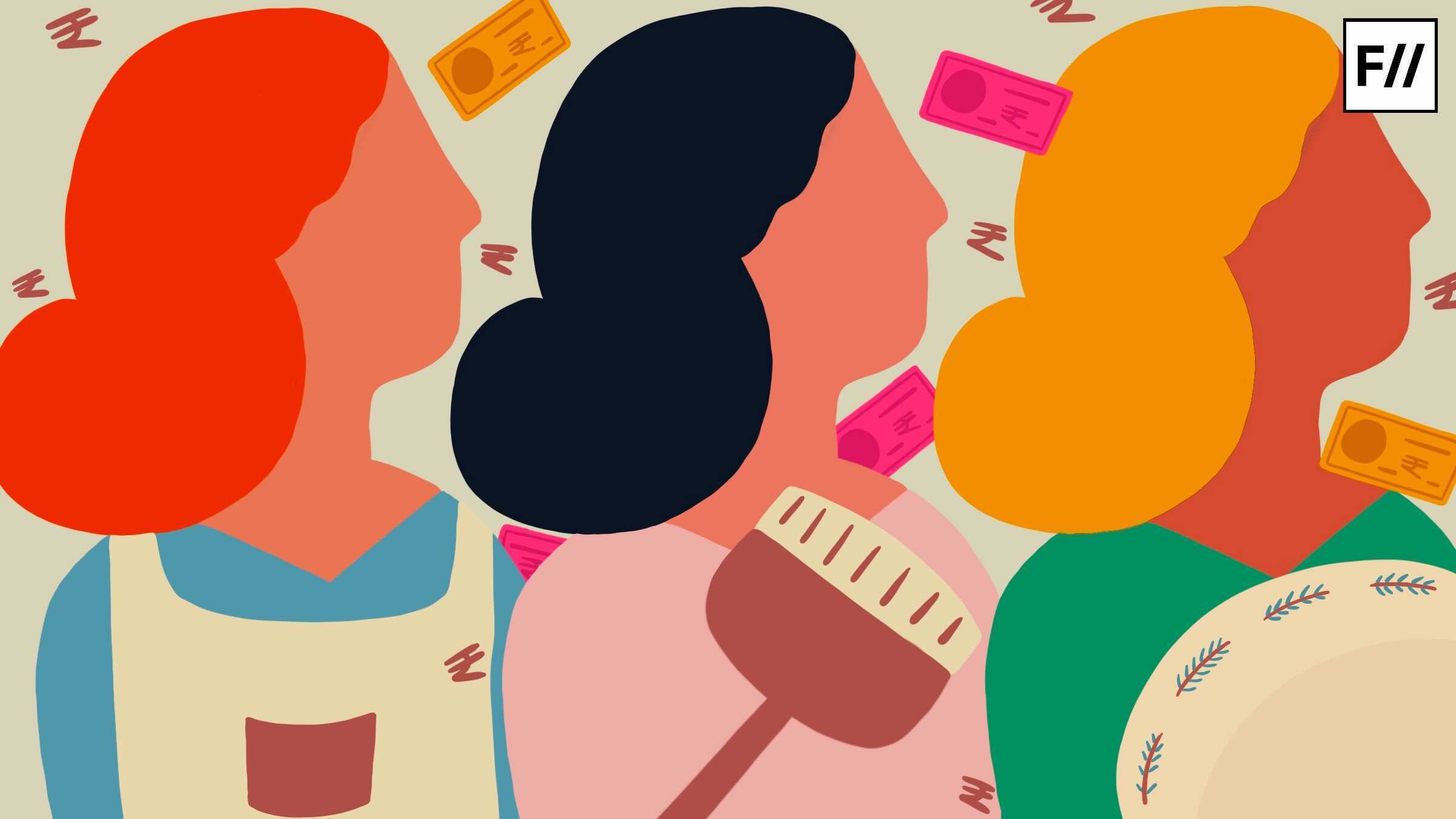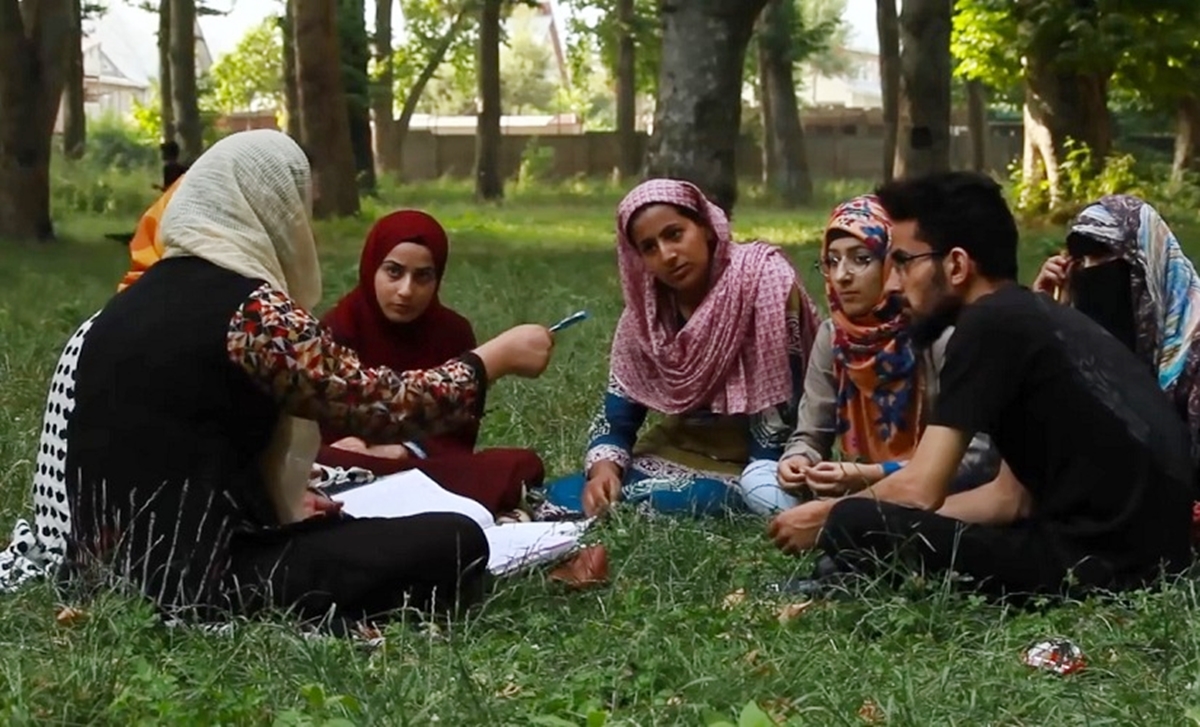Posted by Vaidehi Chilwarwar ‘How do I be myself?‘ Anjana* shouted over our online therapy call. Her palms flapped in…
Login to Read!
This content is restricted to site members. If you are an existing user, please log in below. Or you can can create an account here.

